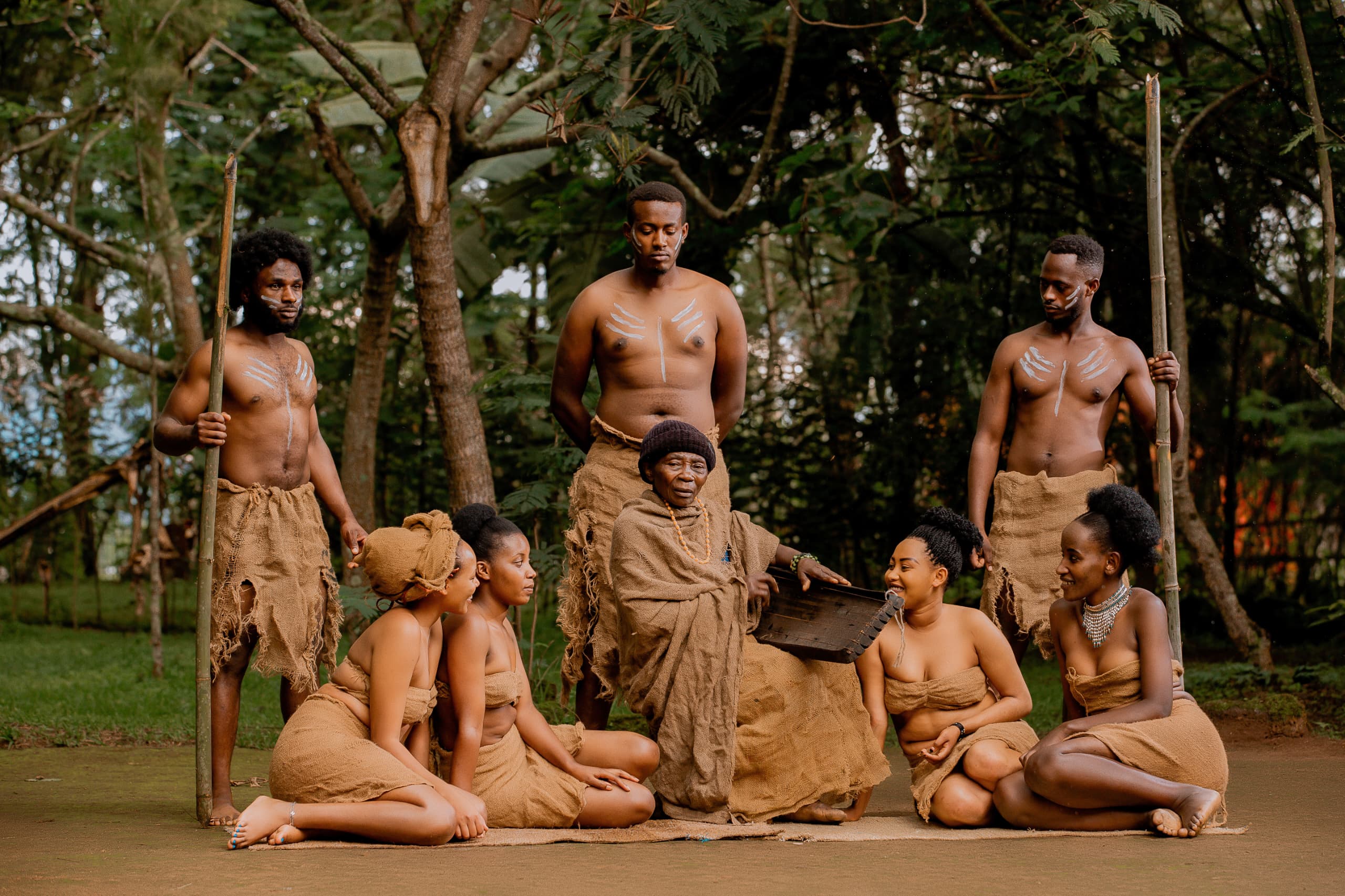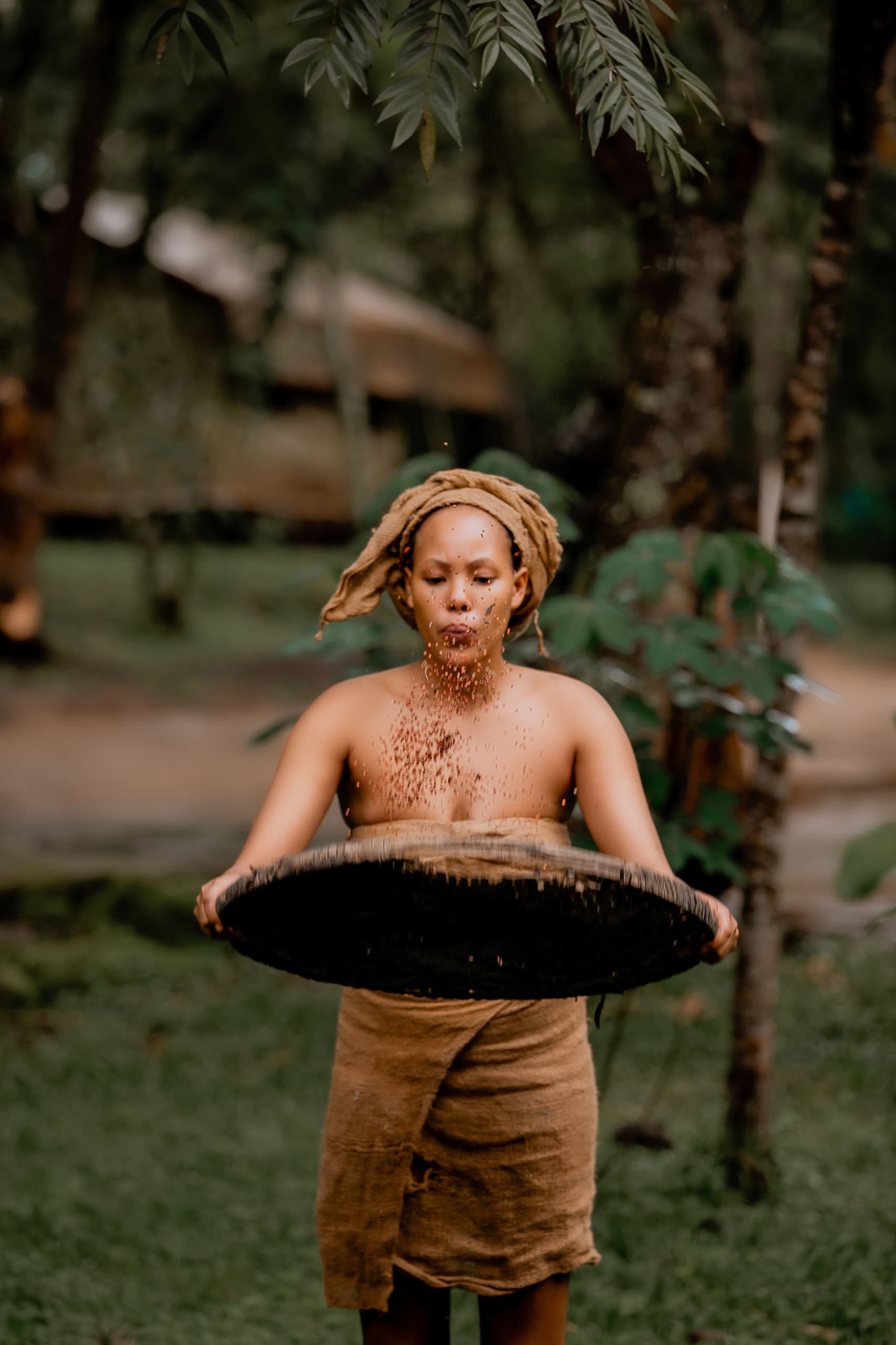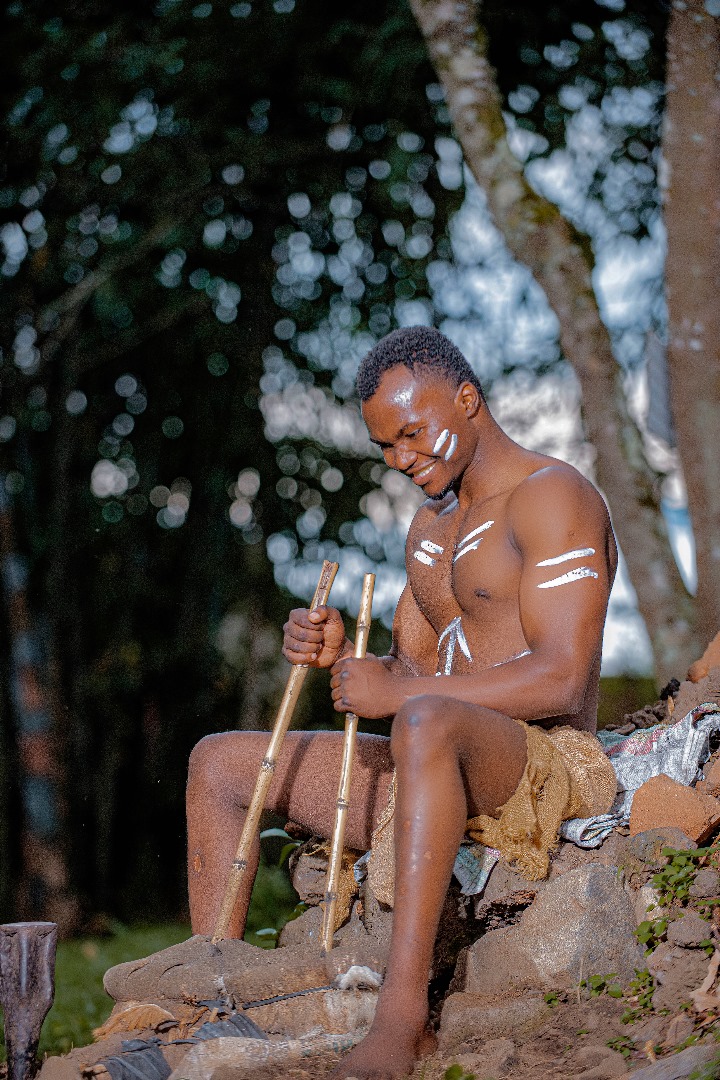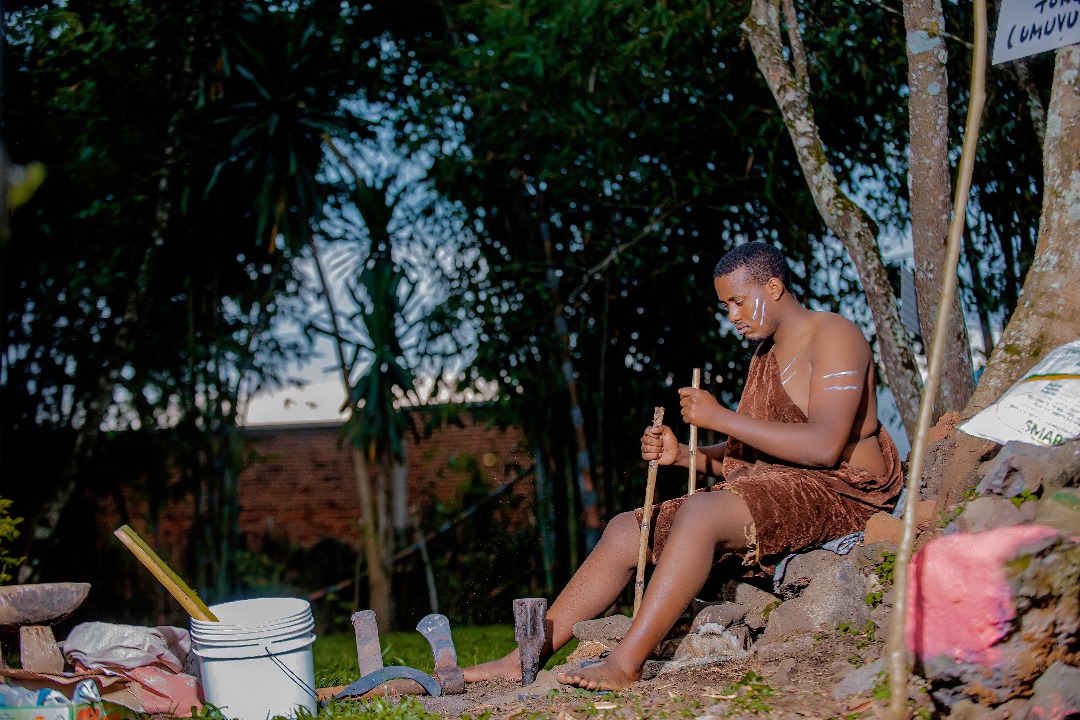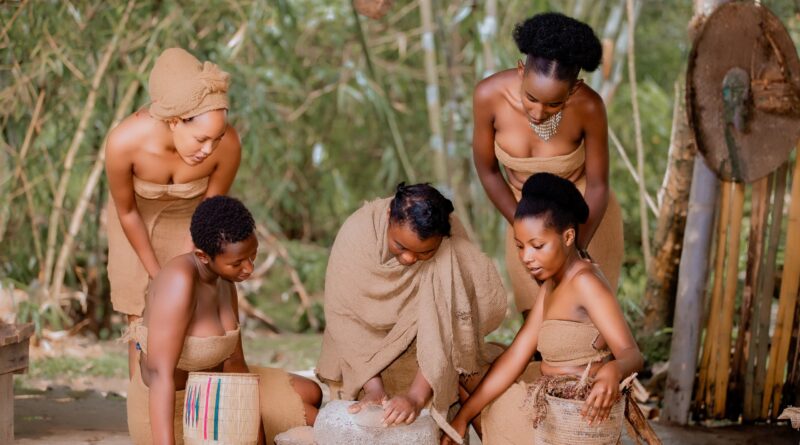The ABAHWA’s contribution to promoting Culture-based tourism
ABAHWA is a youth group from Musanze District in Rwanda’s Northern Province, united by a mission to produce films that celebrate Rwanda’s cultural heritage and promote environmental conservation and biodiversity. From the era of the monarchy to the present day, their work aims to strengthen culture-based tourism.
Initially, the group began by producing a film titled “Master Kongwe” on YouTube. However, they later rebranded to the unique name ABAHWA, a term deeply rooted in Rwanda’s cultural lexicon.
On December 20, 2024, at the Nyakinama cultural tourism hub known as Redrocks, a new project was launched in collaboration with UNESCO Rwanda. This initiative seeks to further develop cultural tourism and provide training to 100 members from various cultural groups.
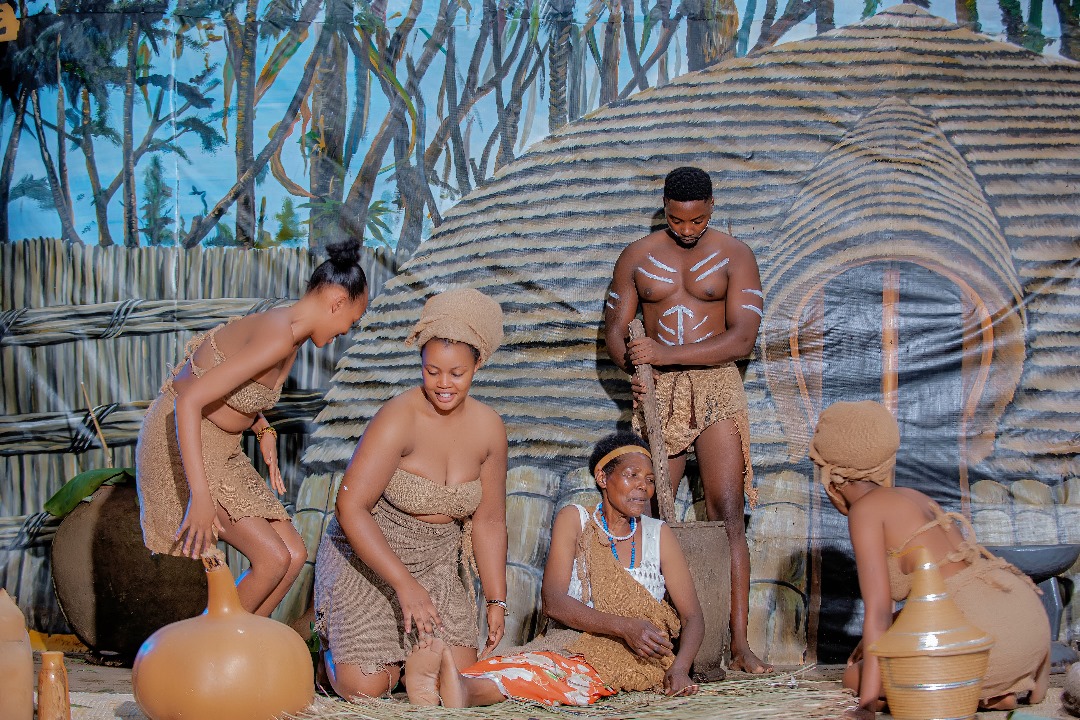
Greg Bakunzi, the founder of Redrocks, stated:
“We have always engaged in cultural tourism, but UNESCO Rwanda approached us to amplify our efforts and support training for our members and other groups involved in this field. While we were already active, we anticipate these workshops will bring significant improvements, making our tourism initiatives more impactful and inspiring others across the country to adopt similar practices.”
The 100 trainees are drawn from the Nkotsi, Muko, and Kinigi sectors of Musanze District—areas renowned for tourism activities. These participants, primarily artisans, are expected to cascade their newfound knowledge to over 500 beneficiaries, creating a ripple effect within their communities.
During the project’s launch at Redrocks, the ABAHWA group showcased Rwanda’s cultural practices from bygone eras. These included traditional grain grinding, carrying patients in stretchers, royal punishments and pardons, acts of heroism, military attire, royal servants’ roles, and various traditional tools.
Cadette, one of ABAHWA’s actors, spoke to Greenafrica.rw about their mission:
“We aim to highlight our cultural heritage to younger generations and foreigners unfamiliar with it, fostering a deeper understanding of how our ancestors lived. This initiative is invaluable because it preserves our history for future generations, especially in an era where many are solely focused on modern trends found online.”
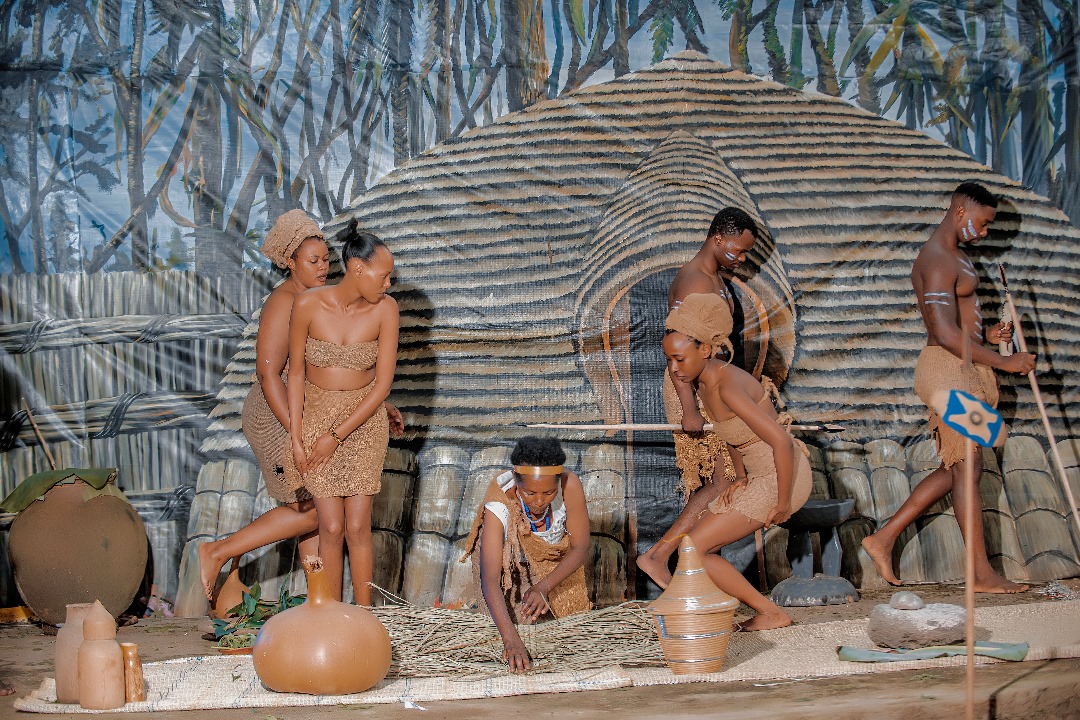
Elie Niyonsenga, known as “Kongwe,” who coined the name ABAHWA, shared the inspiration behind their work:
“I was motivated by countries like Nigeria, Tanzania, India, and the USA, where cultural heritage is a cornerstone of their media content. I wanted Rwandan culture to have a similar presence on global entertainment platforms and social media, ensuring it remains ingrained in people’s minds.”
Josue Ndacyayisenga, the group’s leader, emphasized that promoting culture-based tourism is a core responsibility. He linked cultural preservation to environmental conservation, highlighting their intertwined roles in bolstering Rwanda’s tourism sector.
“We strive to showcase our culture comprehensively and educate people about its components. Our cultural heritage is a critical pillar of Rwanda’s tourism, and preserving it alongside our environment ensures the survival of unique attractions like mountain gorillas, rivers, and other wildlife. Without conservation, these treasures would vanish.”
He continued:
“As ABAHWA, we’ve committed to presenting our culture through live performances and films. For those unable to attend field events, they can access our work online, creating an avenue for every Rwandan and foreigner to connect with our heritage. This approach also piques international curiosity about our culture, just as we are familiar with those of Nigeria, Tanzania, and other nations without necessarily visiting them.”
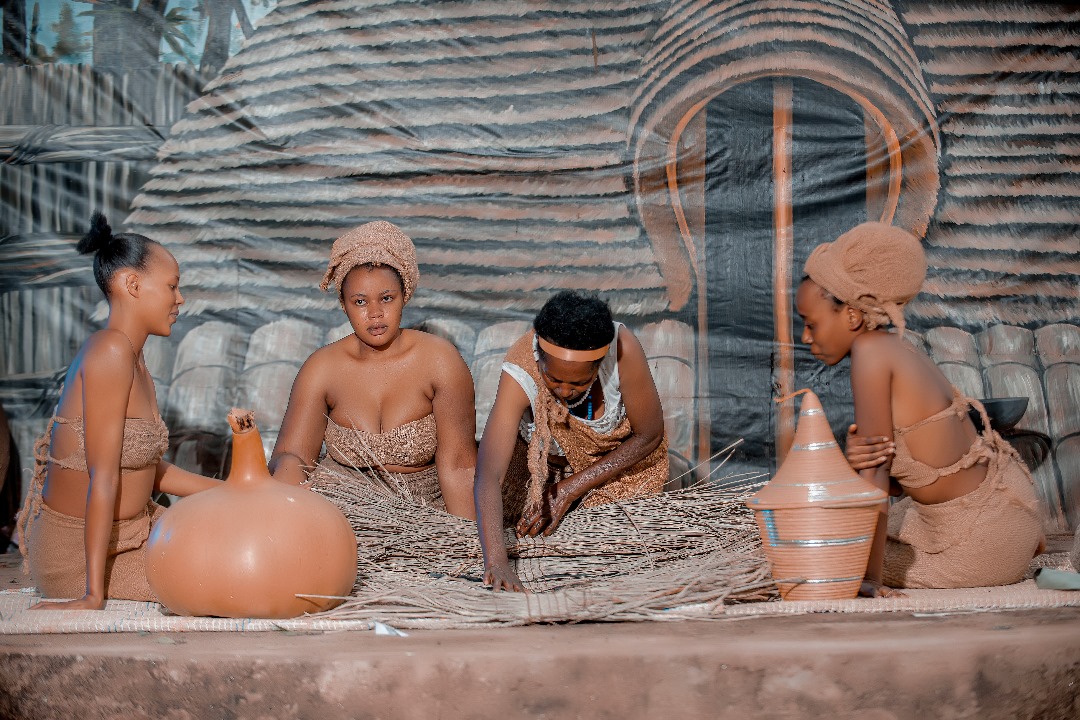
Over the past decade, Rwanda has positioned tourism as a cornerstone of its economy, enhancing citizens’ livelihoods.
In 2017, tourism generated $438 million, up from $227 million in 2011, with projections aiming for $800 million by 2024, according to the Rwanda Development Board (RDB). In 2017, tourism contributed 12.7% to Rwanda’s GDP.
While traditional tourism primarily involves visiting national parks and hosting conferences, Rwanda’s new land-use master plan outlines strategies to diversify tourism, including culture-based initiatives.
By 2050, Rwanda envisions becoming a high-income nation, with a goal for citizens to achieve middle-income status by 2035. To support this vision, tourism is identified as a key driver for economic growth, ensuring sustainability for a population projected to exceed 22 million by 2050.
